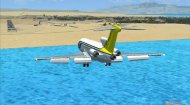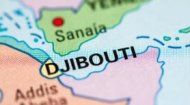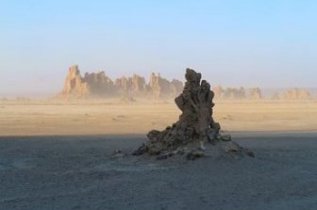|
Djibouti Profile |
Djibouti Profile | Djibouti Profile | Djibouti Profile |
Make a virtual landing at Djibouti Airport in this video where you are likely to enter the country.
More >
Read all the latest news and current events from Djibouti online in our Djibouti news page. Updated daily.
More >

|
The port of Djibouti itself is a lynchpin for regional trade, handling over 90% of Ethiopia's imports and exports, making it an indispensable partner for its landlocked neighbour. Recent years have seen massive investments in port infrastructure, including new terminals, a free trade zone, and a modern railway line connecting to Addis Ababa, all aiming to solidify Djibouti's position as East Africa's premier logistical and commercial gateway. Despite its achievements, Djibouti faces significant challenges. The economy, heavily reliant on port activities and foreign military bases, is vulnerable to external shocks. Diversification remains a long-term goal. High unemployment rates, particularly among the youth, and persistent poverty are pressing social issues that the government must address. The nation's burgeoning public debt, largely accumulated from ambitious infrastructure projects, also poses an economic risk. While internal conflict has been largely absent, Djibouti's strategic location means it cannot entirely escape the ripple effects of regional crises. It plays an active role in African Union peacekeeping missions, contributing troops to operations like AMISOM in Somalia, which places its soldiers directly in environments of active conflict. The ongoing conflict in Yemen and the persistent threat of piracy in the Gulf of Aden also necessitate a constant state of vigilance and security coordination. The rise of extremist groups in the wider Horn of Africa region, though largely contained outside Djiboutian borders, remains a concern, requiring robust counter-terrorism measures. Despite its location next to the sea, Djibouti is little visited by tourists, except for the French with their colonial ties, and Djibouti has few natural resources and insufficient rainfall and arable land (most of the country is a stony desert) to feed itself, having to import most foodstuffs, with the country coming in at 175th place out of 193 countries and territories in 2025 when ranked in terms of life expectancy, literacy, access to knowledge and the living standards of a country. Djibouti has a low life expectancy of 65.99 years (2025). |
















